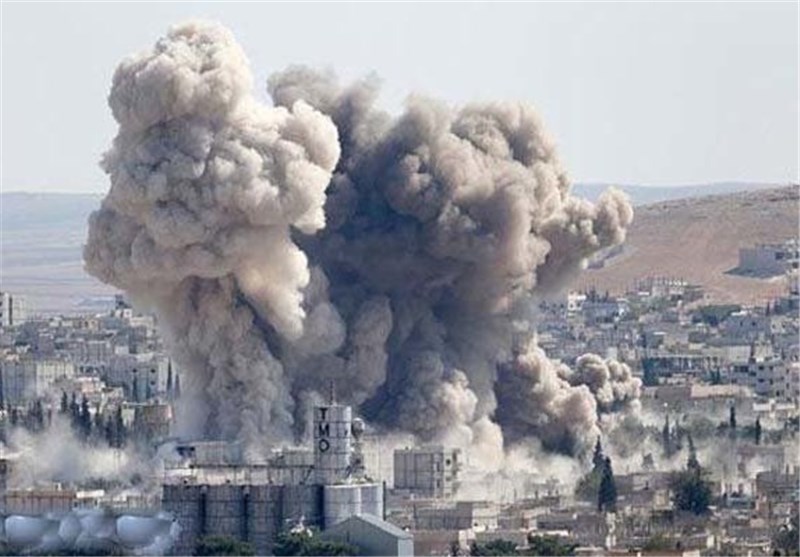
RNA - "The conflict has so far resulted in damage costs (still partial and incomplete) of almost $7 billion and economic losses (in nominal terms) of over $7.3 billion in relation to production and service delivery," said the May 6 joint report by the World Bank, United Nations, Islamic Development Bank and European Union.
Yemen’s 16-month civil war has killed more than 6,500 people, displaced more than 2.5 million and caused a humanitarian catastrophe in a country with a per capita gross domestic product the World Bank last estimated at only $1,097 in 2013.
The Preliminary Damage and Needs Assessment report is an internal working document that is not being publicly released.
"These preliminary findings are not only partial, but also evolving" because the conflict is ongoing, the report said. The assessment, it said, was conducted between late 2015 and early this year.
A survey by Yemen's education ministry cited by the report showed that of 1,671 schools in 20 governorates which suffered damage, 287 need major reconstruction, 544 were serving as shelters for internally displaced persons, and 33 were occupied by armed groups. Based on a sample of 143 schools, the estimated cost of the damage was $269 million.
Citing the Ministry of Public Health and Population, the report said 900 of 3,652 facilities providing vaccination services were not operating in early 2016, leaving 2.6 million children under 15 at risk of contracting measles.
In Taiz, Yemen's third-largest city, the public health system has nearly collapsed, with half the public hospitals damaged or inaccessible.
"There has been a surge in civilian morbidity and mortality as an indirect consequence of the conflict," the report said.
The report could assess residential damage only in the cities of Sana’a, Aden, Taiz and Zinjibar, and data collection was cut off in Oct. 2015 -- only about seven months into the conflict. That data alone found an estimated $3.6 billion in damage.
The cost to reconstruct damaged energy facilities in the four cities was an estimated $139 million, most going to repairing damaged or destroyed power plants.
The report said that immediate attention must be focused on restoring import financing, particularly for food and fuel, which is caught in a conflict between the Saudi-backed fugitive former government and the central bank in Houthi-controlled Sanaa.
The fugitive government asked international financial institutions to cut off the bank, alleging that it was misusing state funds. The bank, which provides foreign exchange for imports, has denied the allegations.
"As long as the conflict is ongoing, it's key to keep going the basic imports needed to avoid a humanitarian crisis. That is a very critical issue right now," the IMF's Yemen Mission Chief Albert Jaeger told Reuters.
"The best the international community and donors can do is to find a way to get the government and the central bank to cooperate to get at least the humanitarian side of things going."
Airstrikes by Saudi-led forces in Yemen that hit a school and a hospital are being investigated by a body set up by the coalition to look into civilian casualties, a spokesman said on Tuesday.
Ten children were killed when their school in Sa’ada province was bombed on Saturday, and 14 people were killed by a strike on a hospital in neighboring Hajjah province on Monday.
R111/108/C/